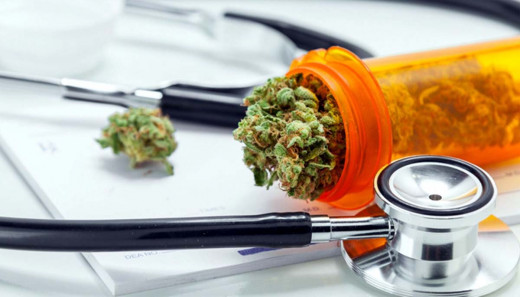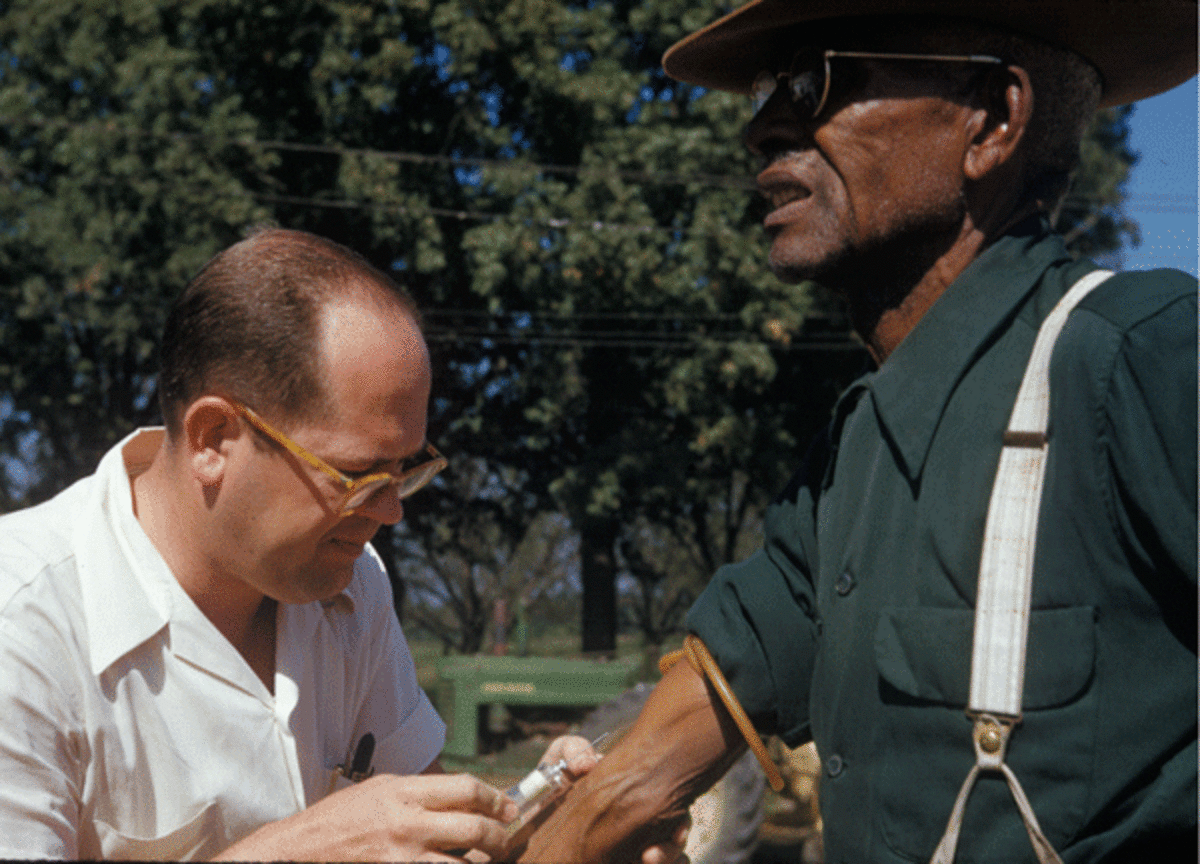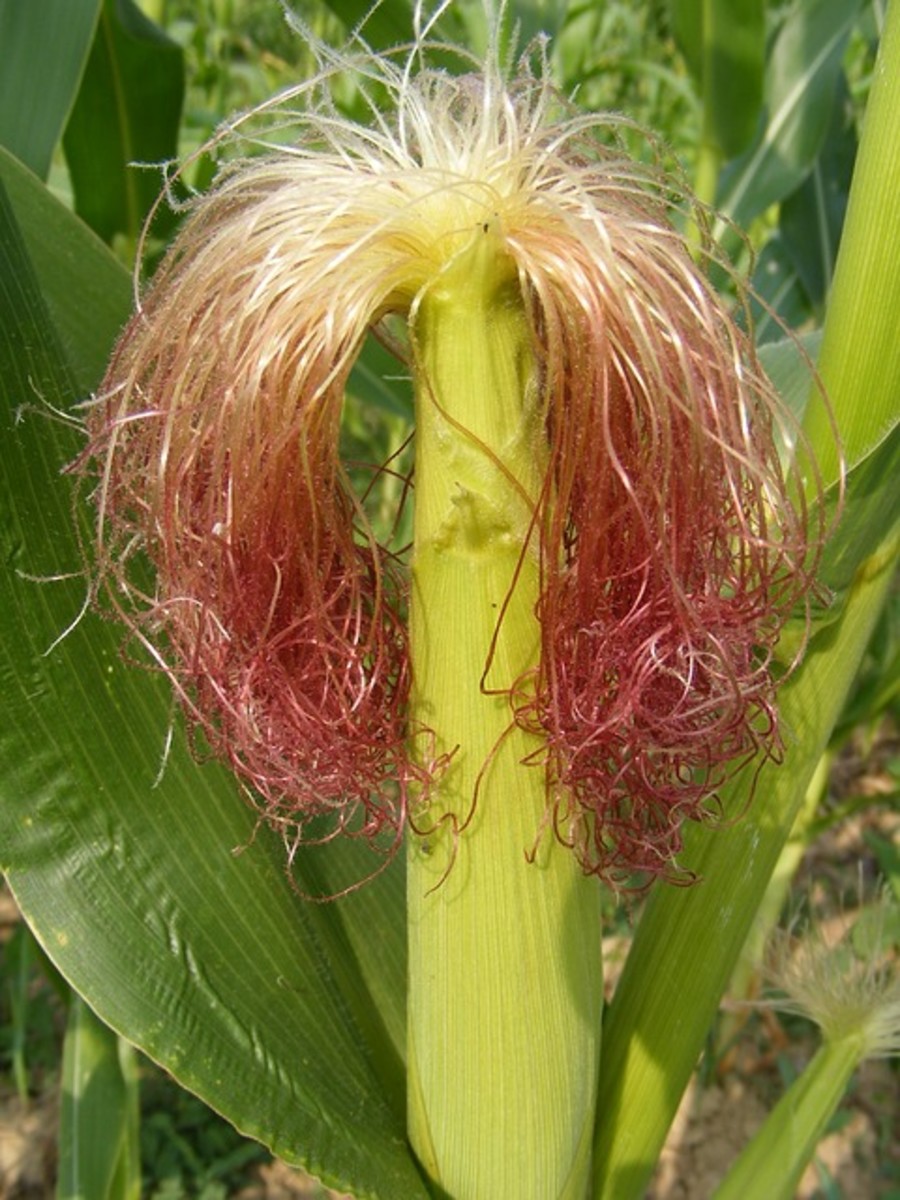'Medical Marijuana'—What Are the Benefits of Using It?

Last Updated June 14, 2022
Marijuana is the most commonly used illicit drug in the United States. It has been the source of controversy among those who favor using it, and those who are against legalizing marijuana. The controversy surrounds the active ingredient in marijuana which is Delta-9-tetrahydrocannabinol or THC for short. Some claim that using marijuana increases the probability of using harder drugs. Although the validity of this hypothesis has been highly debated, it has been one of the central pillars of anti-marijuana policy in the United States.
States With Medical Marijuana
While recreational marijuana is becoming increasingly popular, more states have been willing to accept and legalize marijuana for medical purposes. Individual states decide on marijuana laws. No matter what your personal feelings are on the subject, some states are moving forward with the legalization of marijuana. In several states, a doctor prescribes medical-grade marijuana to patients experiencing anything from seizures to nerve pain, glaucoma, or cancer.
Here is a list of states legalizing medical marijuana is legal:
Alaska, Arizona, Arkansas, California, Colorado, Connecticut, Delaware, District of Columbia, Florida, Hawaii, Illinois, Kansas, Louisiana, Maine, Maryland, Massachusetts, Michigan, Minnesota, Mississippi, Missouri, Montana, Nevada, New Hampshire, New Jersey, New Mexico, New York, North Dakota, Ohio, Oklahoma, Oregon, Pennsylvania, Rhode Island, South Carolina, Utah, Vermont, Virginia, Washington, and West Virginia.
Alabama, Idaho, Nebraska, North Carolina, South Carolina, Tennessee, and Wyoming are the only states that have not legalized medical marijuana.
Pros and Cons of Using Medical Marijuana
Among the top 10 Pros and Cons of marijuana use, the debate of whether or not marijuana should be a medical option is at the top of the list. Of individuals polled, 43.6 percent said they favored marijuana as a medical option, and 17.8 percent said they opposed marijuana use in medicine.
In a March 26, 2004 editorial in Providence Journal, former U.S. Surgeon General Jocelyn Elders, M.D., says, "The evidence is overwhelming that marijuana can relieve certain types of pain, nausea, vomiting, and other symptoms caused by such illnesses as multiple sclerosis, cancer and AIDS -- or by the harsh drugs sometimes used to treat them. And it can do so with remarkable safety. Indeed, marijuana is less toxic than many of the drugs that physicians prescribe every day."
But in opposition to the use of marijuana as medicine, former U.S. Senator (R-TN) said, "Although I understand many believe marijuana is the most effective drug in combating their medical ailments, I would caution against this assumption due to the lack of consistent, repeatable scientific data available to prove marijuana's medical benefits. Based on current evidence, I believe that marijuana is a dangerous drug and that there are less dangerous medicines offering the same relief from pain and other medical symptoms."
Scientific Evidence
There is no convincing scientific evidence that marijuana causes psychological damage or mental illness. However, there is evidence that marijuana has properties that help patients deal with various diseases. According to David L. Bearman, MD, physician, and medical marijuana expert, if you smoke cannabis your chances of getting lung cancer are less than if you don't smoke anything at all." In various studies about the medicinal value of marijuana, findings indicate that marijuana does have some medicinal value and should be a medical option.
Analgesic and Anti-Inflammatory Properties
Women who suffer from premenstrual syndrome or PMS will tell you that PMS has many symptoms that occur at once. There is bloating and stomach distress, moodiness, cramps, backache, and headache, and it is very difficult to find any one medicine that can treat all of the symptoms at once. But marijuana is an analgesic and an anti-inflammatory and it attacks many of the physical symptoms of PMS. Marijuana also helps moodiness in women who suffer from PMS because it works in the brain to make dopamine more readily available. Dopamine is a neurotransmitter important in thinking, motivation, short-term memory, and some emotions, as well as immune function and motor control.
The anti-inflammatory and analgesic effects of marijuana may also help arthritis sufferers find instant relief from sore, swollen, and stiff joints.
Multiple Uses of Marijuana
National Cancer Institute scientists have tested marijuana as an alternative drug to help cancer patients undergoing chemotherapy. Among cancer patients taking chemotherapy, marijuana has been the number one drug of choice because it helps soothe nausea which is one of the common side effects of chemotherapy.
Glaucoma causes increased internal eye pressure, but according to David L. Bearman, using medical marijuana can decrease that internal eye pressure for up to 20 hours. The most common conventional treatment for Glaucoma is eye drops, which some patients do not tolerate very well. The downside of the treatment is that health insurance does not currently pay for medical marijuana. Because of this pitfall, many patients may not be able to afford the medication.
Migraine headaches are caused by excessive neural stimulation. When a migraine sufferer consumes marijuana, a mechanism called retrograde inhibition helps slow the speed of neurotransmission in the brain which alleviates the pain and other associated symptoms, like nausea and sensitivity to light, that accompany migraines.
Fibromyalgia is a very painful medical disorder that affects the muscle and connective tissue. It is characterized by chronic widespread pain and heightened pain response to pressure. But Fibromyalgia symptoms are not just restricted to pain. Other symptoms include debilitating fatigue, sleep disturbance, and joint stiffness. Some patients may also report difficulty with swallowing, bowel and bladder abnormalities, numbness and tingling, and cognitive dysfunction. Research has shown that sufferers of Fibromyalgia find relief from their pain, stiffness, and fatigue by using medical marijuana. Marijuana is a powerful pain reliever and has some anti-inflammatory effects.
When used before bedtime, marijuana can have a positive effect in producing sleep that many people who suffer from insomnia find preferable to the conventional over-the-counter or prescription sleep medicines. Marijuana slows down rapid thinking and neurotransmission in the brain. It also helps those who suffer from insomnia deal with other symptoms that may act to keep them awake, such as pain and anxiety.
AIDS patients deal with a variety of symptoms, including pain, nausea, and loss of appetite. Medical marijuana can help HIV and AIDS patients deal with pain, but its most common use and the greatest benefit is marijuana’s ability to suppress nausea and boost appetite.
It is also believed that marijuana may play a role in treating Alzheimer’s and Crohn’s disease. These are but a few of the possibilities of marijuana use in medicine. The problem is that for too long marijuana has been viewed as a terrible street drug that is only good for getting people high. More research and study are needed to conclude the findings that support marijuana in medicine.








